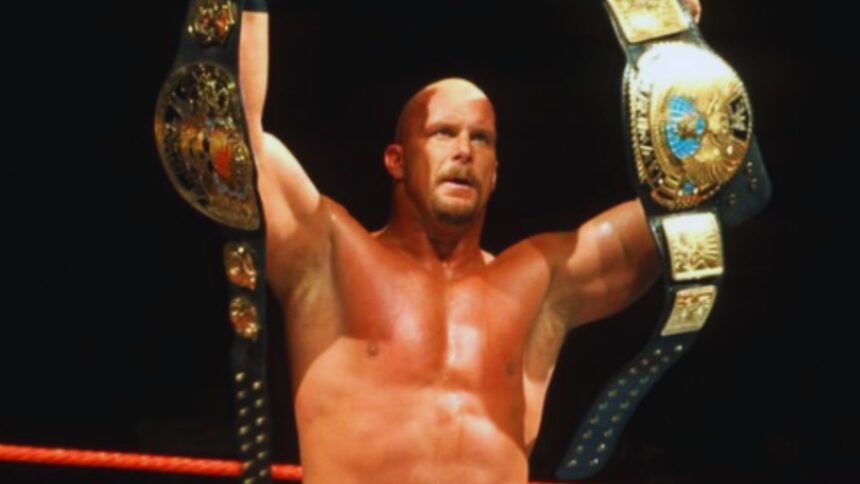The wrestling world often hears the term “generational talent” thrown around, but what does it truly signify? WWE alumni Mark Henry and Tommy Dreamer delved into this concept on a recent episode of “Busted Open Radio,” offering insights into what sets these extraordinary performers apart.
Defining the Criteria
According to Dreamer, a generational talent isn’t just about skills or popularity. “Number one, to be a generational talent, I feel you have to have numbers, stats to prove it,” Dreamer stated. “How you change the wrestling industry, being a draw wherever you went, these are all parts of who would be a generational talent and who wouldn’t be. But I think it also has to go to time in the industry.”
Henry echoed these sentiments, emphasizing that generational talents are not only crowd-pullers but also magnets for financial success. “Those with this distinction are not only able to sell additional tickets, but also attract more money from sponsors, potentially exclusive ones, for the shows they wrestle on,” Henry explained.
Unique Impact and Headlining Events
The uniqueness of a wrestler’s persona and their frequency in main events are critical factors in defining a generational talent. Henry elaborated, “Was there anybody else like this person on during that era? If you were Doink the Clown, was there anybody else like Doink? Was there another clown during that era? And how often was that person in main events? Were they valued enough that the numbers moved when you put them on a card?”
This emphasis on distinctiveness and drawing power highlights why certain names have left indelible marks on the wrestling landscape. Henry pointed to legends like Dwayne “The Rock” Johnson, “Stone Cold” Steve Austin, Hulk Hogan, and The Undertaker as quintessential generational talents.
Exemplars of Generational Talent
In discussing the current landscape, Dreamer and Henry touched on several modern wrestlers who embody these qualities. Dolph Ziggler, Hijo del Vikingo, and the late Umaga are among those who have been recognized by their peers as generational talents. These performers have consistently demonstrated exceptional ability, charisma, and the unique ability to connect with audiences across different eras.
The Rock, Steve Austin, and Others
Henry and Dreamer were clear in their praise for past icons who set the bar for future generations. Dwayne “The Rock” Johnson, for example, transcended wrestling to become a global entertainment phenomenon, showcasing the wide-ranging impact a generational talent can have. “Stone Cold” Steve Austin revolutionized the industry with his anti-hero persona, while Hulk Hogan’s influence during the 1980s helped propel wrestling into mainstream popularity. The Undertaker’s longevity and consistent reinvention further exemplify what it means to be a generational talent.
Impact on the Wrestling Industry
Generational talents leave lasting legacies not just through their in-ring performances, but also through their ability to evolve and adapt. These individuals often serve as benchmarks for future stars and are pivotal in shaping the industry’s direction. Their influence extends beyond wrestling, affecting pop culture and setting standards for entertainment.




